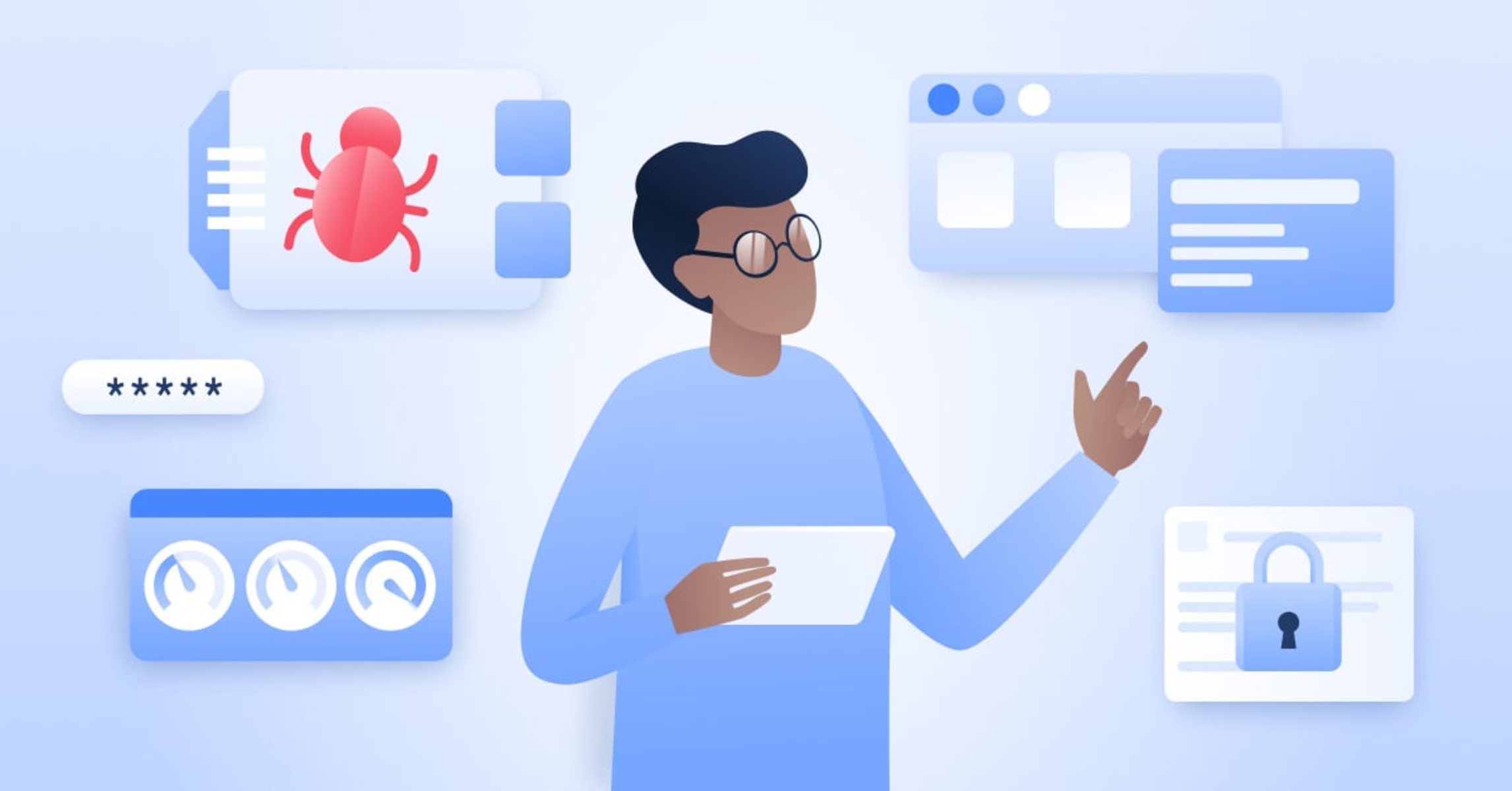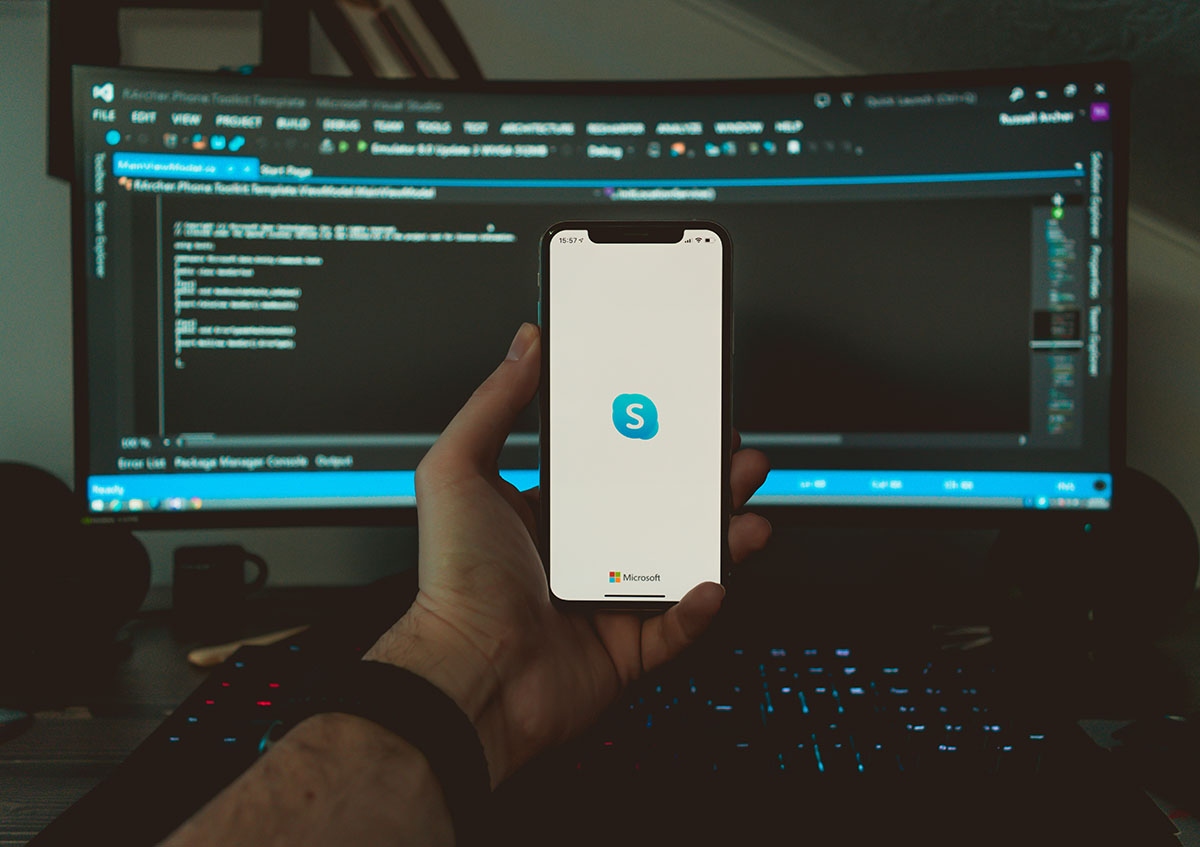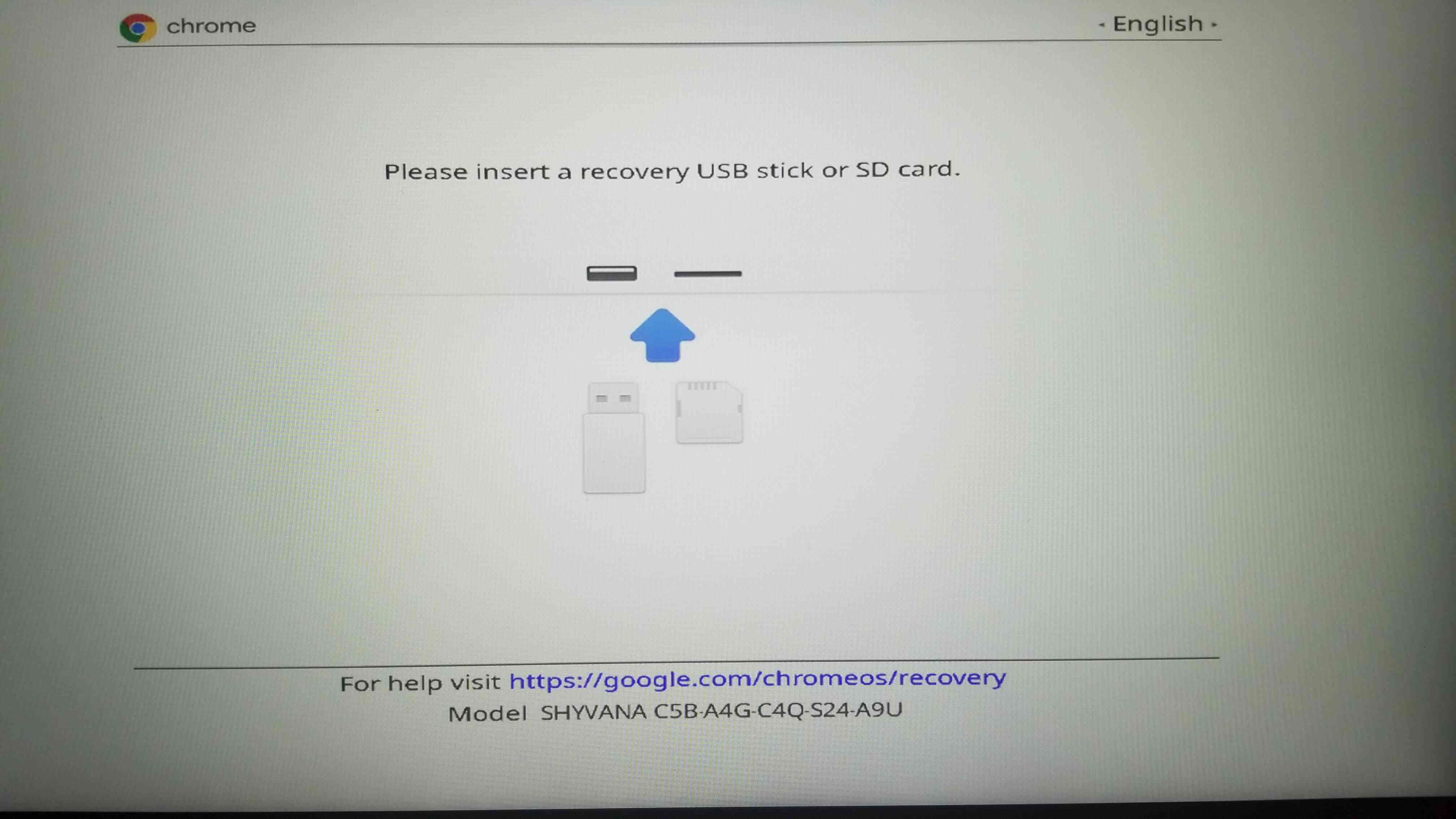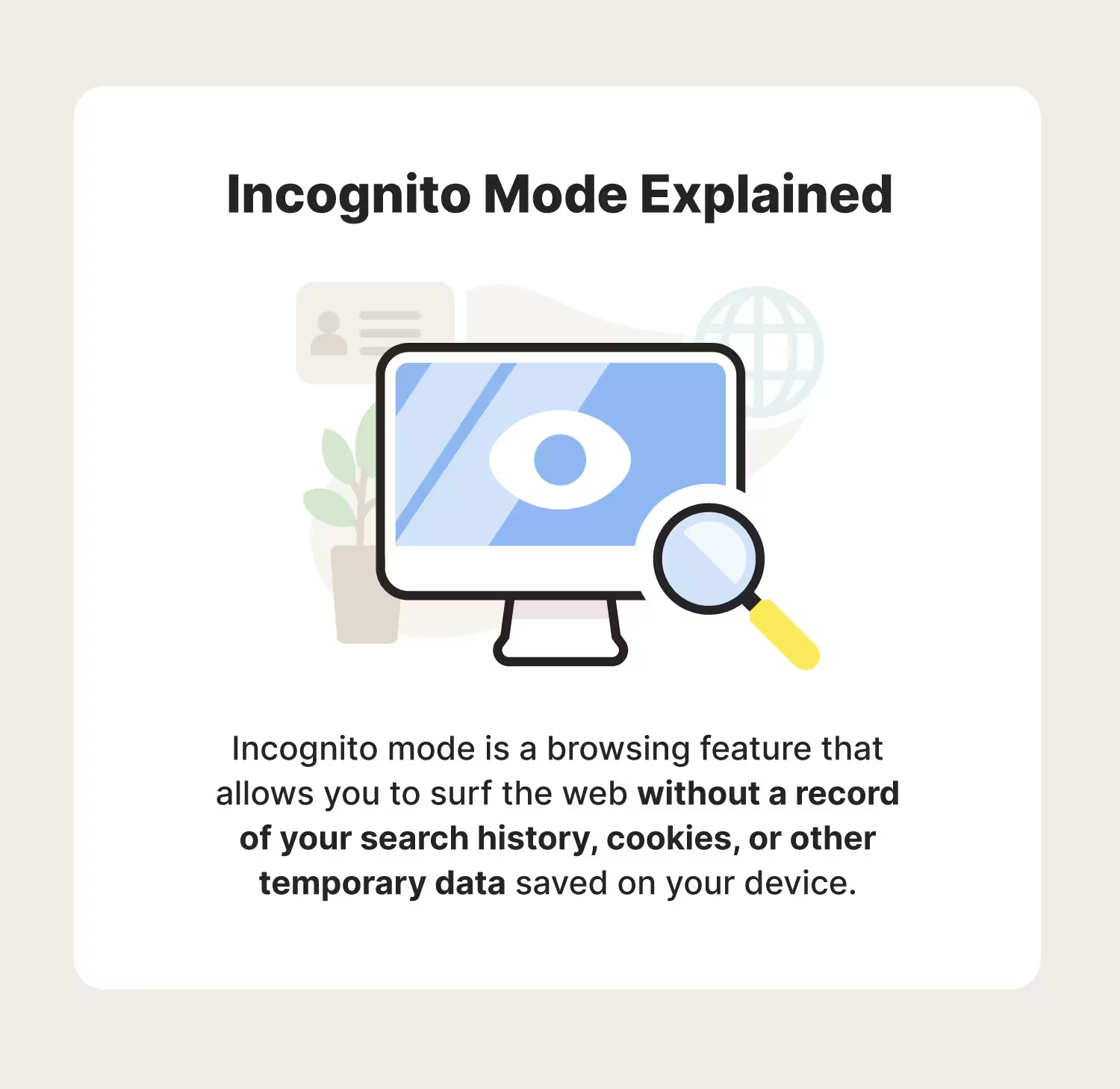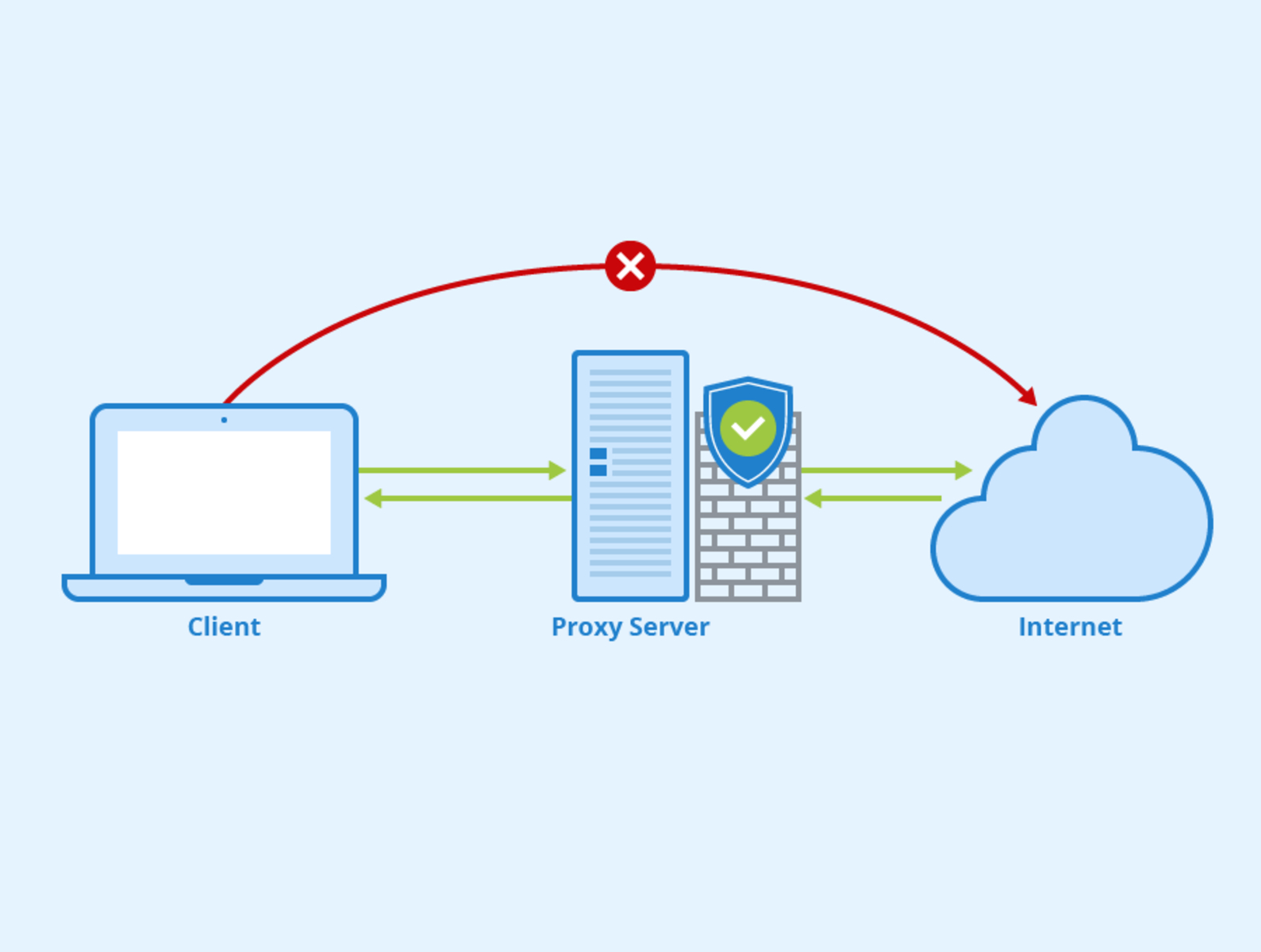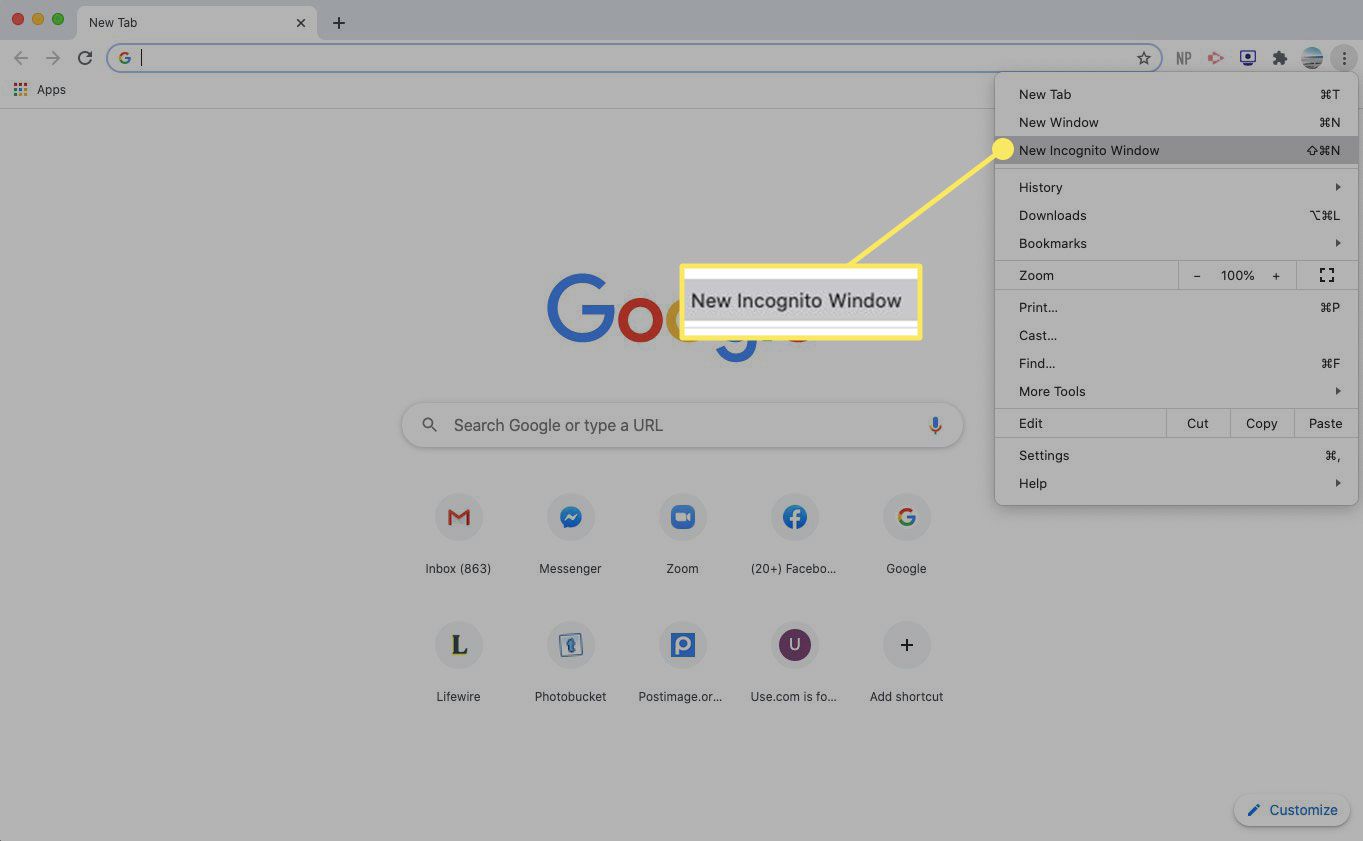Introduction
In today’s digital age, where our online activities are constantly being tracked and monitored, ensuring privacy and security has become a crucial concern. This is where Virtual Private Networks (VPNs) come into play. VPNs are a popular tool used to protect our sensitive data, ensure anonymity, and bypass geographical restrictions.
A VPN, in its simplest form, establishes a secure and encrypted connection between your device and a remote server operated by the VPN service provider. This connection masks your IP address, making it appear as if you are accessing the internet from a different location. While VPNs were initially used by businesses to allow employees to securely access corporate networks remotely, they have now become increasingly popular among individual users.
The primary purpose of a VPN is to provide a secure and private internet connection, shielding your online activities from prying eyes. By encrypting your data and routing it through a private network, VPNs protect your sensitive information from being intercepted by hackers or surveillance agencies. This is especially important when using public Wi-Fi networks, which are notorious for their lack of security.
Furthermore, VPNs have gained popularity due to their ability to bypass geographical restrictions. Online streaming platforms, for example, often restrict access to certain content based on the user’s location. With a VPN, you can virtually change your location and access geo-blocked content from different countries. This allows you to enjoy your favorite shows, movies, and sporting events that may not be available in your region.
Another key purpose of using a VPN is remote access. VPNs enable users to securely connect to private networks, such as their home or office networks, from anywhere in the world. This is particularly beneficial for individuals who need to access files, databases, or web-based applications remotely. By encrypting the connection, VPNs ensure that sensitive data transmitted between the user and the private network remains secure and protected.
Furthermore, VPNs offer anonymous browsing options, allowing users to surf the internet without revealing their true identity. This is achieved by the VPN server acting as an intermediary between the user and the websites they visit. By masking the user’s IP address and encrypting their internet traffic, VPNs provide a layer of anonymity, making it difficult for anyone to track or monitor their online activities.
Overall, VPNs play a crucial role in protecting our privacy, providing access to geo-restricted content, facilitating remote access, and ensuring anonymous browsing. In the following sections, we will delve deeper into the various purposes of using a VPN and explore the benefits they offer in greater detail.
What is a VPN?
A Virtual Private Network (VPN) is a technology that allows users to create a secure and private connection over a public network, such as the internet. It acts as a barrier between your device and the internet by encrypting your internet traffic and routing it through a remote server operated by the VPN service provider.
The core purpose of a VPN is to provide privacy and security for your online activities. When you connect to a VPN, it creates a virtual tunnel through which your data passes. This tunnel is encrypted, meaning that it is transformed into an unreadable format that can only be deciphered by the recipient, which is the VPN server. This encryption ensures that your sensitive information, such as passwords, credit card details, and personal data, remains secure and protected from hackers or eavesdroppers.
In addition to security, VPNs also offer the benefit of anonymity. When you connect to the internet without a VPN, your IP address is visible to websites and online services, allowing them to track your online activities. However, when you connect through a VPN, your IP address is masked, making it appear as if you are accessing the internet from the location of the VPN server. This anonymous browsing feature adds an extra layer of privacy, preventing websites, advertisers, and other third parties from tracking your online behavior and collecting your personal data.
Moreover, VPNs allow you to bypass geographical restrictions and access content that may be blocked or unavailable in your current location. By connecting to a server in a different country, you can appear as if you are browsing from that specific location. This comes in handy for accessing region-locked websites, streaming platforms, or even online gaming services that may have restrictions based on your geographical location.
A VPN can also be used for remote access to private networks. By connecting to a VPN server, you can securely access your home or office network from anywhere in the world. This facilitates remote work, as users can access files, databases, and resources on their private network as if they were physically present at the office or home. This feature is particularly beneficial for businesses and organizations that have employees working remotely.
In summary, a VPN is a powerful tool that provides privacy, security, and anonymity by encrypting your internet traffic and routing it through remote servers. It allows you to bypass geographical restrictions, access blocked content, and securely connect to private networks from anywhere in the world. With the increasing concerns regarding online privacy and security, a VPN has become an essential tool in safeguarding your online activities.
Security and Privacy
One of the primary purposes of using a VPN is to enhance security and privacy while browsing the internet. With the increasing frequency of online threats, such as hacking, data breaches, and surveillance, it is crucial to take measures to protect our sensitive information. A VPN offers several key features that contribute to a safer online experience.
When you connect to a VPN, all of your internet traffic is encrypted. This means that your data is transformed into an unreadable format, making it nearly impossible for anyone to intercept and decipher it. Even if someone manages to intercept your data, they won’t be able to decipher its contents without the encryption key. This encryption provides a strong layer of security, particularly when you’re using public Wi-Fi networks that are vulnerable to hackers.
In addition to encrypting your data, a VPN also hides your IP address. Your IP address is a unique identifier that is associated with your internet connection, revealing your approximate geographical location. By masking your IP address and replacing it with the IP address of the VPN server, a VPN adds an extra layer of privacy. This makes it much more difficult for websites, online services, and advertisers to track and monitor your online activities. It also prevents your ISP (Internet Service Provider) from collecting and selling your browsing data.
Furthermore, a VPN allows you to browse the internet anonymously. By connecting to a VPN server, your real IP address and location are hidden, making it nearly impossible for anyone to link your online activities back to you. This is particularly important in regions where internet censorship and surveillance are prevalent. It allows individuals to express their opinions freely and access information without fear of reprisal.
Moreover, a VPN protects your online transactions, particularly when you’re engaged in online banking or shopping. The encryption provided by the VPN ensures that your financial information, such as credit card numbers and passwords, remains secure. It adds an extra layer of protection against hackers who might try to intercept your data and use it for malicious purposes.
Overall, using a VPN enhances security and privacy while browsing the internet. The encryption and anonymization features provided by a VPN protect your sensitive information, shield your online activities from prying eyes, and ensure a safer online experience. By incorporating a VPN into your online routine, you can have peace of mind knowing that your data is secure, your privacy is protected, and you have the freedom to browse the internet without worries.
Bypassing Geographical Restrictions
One of the key benefits of using a VPN is the ability to bypass geographical restrictions imposed by content providers and online services. Geographic restrictions, also known as geo-blocking, are limitations placed on certain content based on the user’s location. This can be due to licensing agreements, copyright restrictions, or regional content availability.
With a VPN, you can virtually change your location by connecting to a server in a different country. This allows you to bypass the geographical restrictions and access content that may be blocked or unavailable in your region. For example, you can access streaming platforms like Netflix, Hulu, or BBC iPlayer, which offer different content libraries depending on the country you’re in. By connecting to a VPN server in a different country, you can unlock a whole new range of movies, TV shows, and documentaries that would otherwise be inaccessible.
In addition to streaming platforms, a VPN can also help you access region-restricted websites and services. Some countries implement internet censorship and block access to certain websites, social media platforms, or messaging apps. By connecting to a VPN server in a country where these restrictions are not in place, you can bypass the censorship and gain access to the blocked content. This can be particularly useful for individuals living in countries with strict internet regulations who want to access information or express their opinions freely.
A VPN also proves beneficial for online gamers who want to access game servers that might be restricted to specific regions. By connecting to a VPN server located in the same region as the game server, gamers can bypass these restrictions and enjoy a smoother gaming experience.
Furthermore, travelers can benefit from a VPN’s ability to bypass geographical restrictions. When traveling abroad, you may encounter websites or services that are only accessible from your home country. By connecting to a VPN server in your home country, you can access these services as if you were physically located there. This can include online banking, shopping websites, or even local news portals.
Using a VPN to bypass geographical restrictions not only provides you with access to a wider range of content, but it also allows you to enjoy content in its original language or from different cultural perspectives. Whether you’re an avid media consumer, an expatriate looking to access content from your home country, or a traveler seeking seamless access to websites and services, a VPN is an invaluable tool that enables you to bypass geographical limitations and explore the digital world without boundaries.
Remote Access
A notable purpose of using a VPN is its ability to provide remote access to private networks. With the growing trend of remote work and the need for employees to access company resources from anywhere in the world, VPNs have become an essential component of modern business operations.
When an employee is working remotely, whether from home, a coffee shop, or a different country, they can securely connect to their organization’s private network using a VPN. This enables them to access files, databases, internal systems, and other resources as if they were physically present in the office.
A VPN establishes a secure and encrypted connection between the user’s device and the company’s private network. This ensures the confidentiality and integrity of data transmitted between the user and the network. The encryption prevents unauthorized access or eavesdropping, safeguarding sensitive information from potential cyber threats.
The remote access feature provided by VPNs offers significant benefits to businesses and organizations. It allows employees to work flexibly and efficiently from any location, enhancing productivity and work-life balance. Remote access also ensures continuous operations, as employees can perform their tasks and collaborate with their colleagues seamlessly, even when they are not physically in the office.
Moreover, remote access through a VPN reduces the need for on-site IT support for remote employees. Instead of having IT personnel physically present to set up and troubleshoot network connections, employees can rely on VPN technology to securely connect to the company’s network without requiring any physical assistance. This saves time, resources, and simplifies the process of granting and managing remote access privileges.
Not only is remote access beneficial for employees, but it also opens up opportunities for organizations to tap into a global talent pool. With VPN-enabled remote access, companies can hire the best candidates regardless of their physical location. This can result in diverse and highly skilled teams, contributing to innovation and growth.
Overall, VPNs provide seamless and secure remote access to private networks, enabling employees to work remotely without compromising data security or network integrity. This feature has become increasingly vital, allowing businesses to adapt to the evolving work landscape and unlock the benefits of remote work while ensuring connectivity and collaboration across various locations.
Anonymous Browsing
Anonymous browsing is another significant purpose of using a VPN. By connecting to a VPN server, your online activities are shielded, and your true identity is kept hidden. This anonymity provides several key benefits and safeguards your privacy in the digital realm.
When you access the internet without a VPN, your IP address is exposed, allowing websites, online services, and advertisers to track your online activities. However, when you connect through a VPN, your IP address is masked and replaced with the IP address of the VPN server. This makes it extremely difficult for anyone to trace your online activities back to you. Instead, your online behavior appears to originate from the location of the VPN server, providing you with a greater level of anonymity.
Anonymous browsing is particularly valuable in regions with strict internet surveillance or censorship. By connecting to a VPN server located in a different country, individuals can bypass government-imposed internet restrictions and access the internet freely. This enables them to express their opinions, access information, and connect with the outside world without fear of reprisal or monitoring.
In addition to protecting your identity and evading censorship, anonymous browsing also helps safeguard your personal information from being collected and sold by third parties. With the abundance of data collection and tracking practices online, maintaining anonymity can help prevent targeted advertising, profiling, and potential misuse of your personal data.
Moreover, anonymous browsing can be advantageous when using public Wi-Fi networks. Public Wi-Fi networks, such as those in cafes, airports, and hotels, are notorious for their lack of security. Hackers can easily intercept unprotected data transmitted over these networks, potentially gaining access to sensitive information. By connecting to a VPN before using public Wi-Fi, your data is encrypted, making it nearly impossible for hackers to decipher your personal information.
Furthermore, anonymous browsing through a VPN allows you to explore and experiment on the internet without leaving a digital footprint. This can prove advantageous for researchers, journalists, and individuals who require a high level of privacy when conducting sensitive online activities.
Overall, anonymous browsing provided by VPNs is essential for protecting your privacy, evading censorship, preventing targeted advertising, and keeping your personal information safe. By masking your IP address and encrypting your data, VPNs ensure that your online activities remain anonymous and private, allowing you to browse the internet with peace of mind.
Data Encryption
Data encryption is a fundamental feature of VPNs that enhances security and protects your sensitive information from unauthorized access. When you connect to a VPN, all the data transmitted between your device and the VPN server is encrypted, creating a secure tunnel that shields your data from potential eavesdroppers.
Encryption converts your data into an unreadable format using complex algorithms. This ensures that even if your data is intercepted by hackers, ISPs, or government agencies, it remains unintelligible to anyone without the encryption key. This level of encryption provides a robust layer of security, especially when you’re using public Wi-Fi networks, which are often vulnerable to hacking and data theft.
By encrypting your data, VPNs protect sensitive information such as passwords, credit card details, and personal data. This is particularly important when conducting sensitive activities such as online banking, shopping, or exchanging confidential business information. With encryption in place, your data is safeguarded and cannot be easily intercepted or deciphered by malicious actors.
Moreover, VPNs employ various encryption protocols such as OpenVPN, IPSec, and SSTP to secure data transmission. These protocols use different cryptographic algorithms and key exchange mechanisms to ensure the confidentiality, integrity, and authenticity of your data. The use of robust and industry-standard encryption protocols ensures that your data remains secure and protected from potential attacks.
Addtionally, encryption also plays a crucial role in protecting your online communications. When you use a VPN, your voice and video calls, instant messaging, and other forms of communication are encrypted, preventing third parties from eavesdropping or intercepting your conversations. This is particularly important for individuals who require secure communication channels for business, personal, or sensitive discussions.
Furthermore, encryption offered by VPNs helps protect your browsing history and online activities from being tracked and monitored by ISPs, advertisers, or government agencies. By encrypting your traffic, VPNs make it significantly more challenging for these entities to collect and analyze your data, ensuring your online privacy is preserved.
Overall, data encryption is a critical aspect of VPNs, providing a secure and private online experience. With the implementation of strong encryption algorithms and protocols, VPNs ensure that your sensitive information remains confidential, your online communications are secure, and your online activities remain hidden from prying eyes.
Preventing Tracking and Monitoring
One of the key advantages of using a VPN is its ability to prevent tracking and monitoring of your online activities. In today’s digital landscape, where data collection and surveillance have become pervasive, maintaining privacy and anonymity online has become increasingly important.
When you connect to the internet without a VPN, your activities can be easily tracked and monitored by various entities, including internet service providers (ISPs), advertisers, government agencies, and even cybercriminals. These parties can collect data on your browsing habits, search queries, and online interactions in order to build profiles, deliver targeted advertisements, or, in some cases, engage in surveillance.
By utilizing a VPN, you can significantly enhance your privacy and prevent tracking and monitoring. When connected to a VPN server, your IP address is masked and replaced with that of the server, making it difficult for anyone to trace your online activities back to you. This prevents advertisers from obtaining detailed information about you and your online habits, leading to a reduction in targeted ads and the invasion of your online privacy.
In addition to hiding your IP address, a VPN also encrypts your internet traffic. This means that all the data you transmit, including your browsing history, online transactions, and communication, is encoded and indecipherable to anyone attempting to intercept or monitor your connection. This encryption further safeguards your sensitive information from being accessed or exploited by malicious actors or surveillance entities.
Furthermore, a VPN protects your online activities from being monitored by your ISP. In many countries, ISPs are legally allowed to collect and sell user data. However, when you use a VPN, your traffic is encrypted, preventing your ISP from seeing the specific websites you visit or the content you access. This helps to preserve your privacy and keep your online activities hidden from your ISP.
Additionally, VPNs can also bypass invasive government surveillance and censorship. In countries where internet access is heavily monitored or restricted, connecting to a VPN allows individuals to bypass such surveillance and freely access the internet without fear of being monitored or having their data collected.
Overall, by preventing tracking and monitoring, VPNs play a critical role in protecting your privacy and maintaining anonymity online. By masking your IP address, encrypting your data, and bypassing government surveillance, VPNs provide a secure and private browsing experience, ensuring that your online activities remain hidden from prying eyes.
Conclusion
Utilizing a Virtual Private Network (VPN) offers a plethora of benefits that contribute to a more secure, private, and unrestricted internet experience. Whether it’s for personal use or in business settings, VPNs have become an indispensable tool for safeguarding sensitive information, bypassing geographical restrictions, enabling remote access, ensuring anonymous browsing, and encrypting data from prying eyes.
VPNs provide a critical layer of security by encrypting your internet traffic, making it incredibly challenging for hackers, identity thieves, or surveillance agencies to intercept and decipher your data. This encryption ensures that your personal information, such as passwords, banking details, and private communications, remains protected and confidential.
The ability to bypass geographical restrictions is another significant advantage of using a VPN. Whether you’re traveling, living in a country with internet censorship, or simply looking to access region-restricted content, a VPN allows you to connect to servers in different locations, granting you the freedom to enjoy content and services that may otherwise be unavailable in your area.
VPNs also enable secure remote access to private networks, allowing employees to work from anywhere while maintaining a secure connection to their company’s network. This feature is particularly crucial in today’s remote work environment, facilitating collaboration, productivity, and flexibility.
Anonymity is another major benefit of VPNs. By masking your IP address and encrypting your internet traffic, VPNs provide anonymous browsing, preventing websites, advertisers, and ISPs from tracking and monitoring your online activities. This anonymity safeguards your privacy, prevents targeted advertising, and ensures freedom of expression.
Furthermore, VPNs offer data encryption, protecting your sensitive information from being intercepted, especially when using public Wi-Fi networks. By encrypting your data, VPNs provide an extra layer of security, making it significantly more challenging for cybercriminals to access your personal data.
In conclusion, utilizing a VPN is essential for maintaining privacy, enhancing security, and accessing unrestricted internet content. Whether you’re concerned about data security, want to bypass geographical restrictions, work remotely, or browse the internet anonymously, a VPN offers a comprehensive solution. With the ever-increasing need for online privacy and protection, incorporating a VPN into your online routine is crucial to ensure a safer and more enjoyable online experience.







